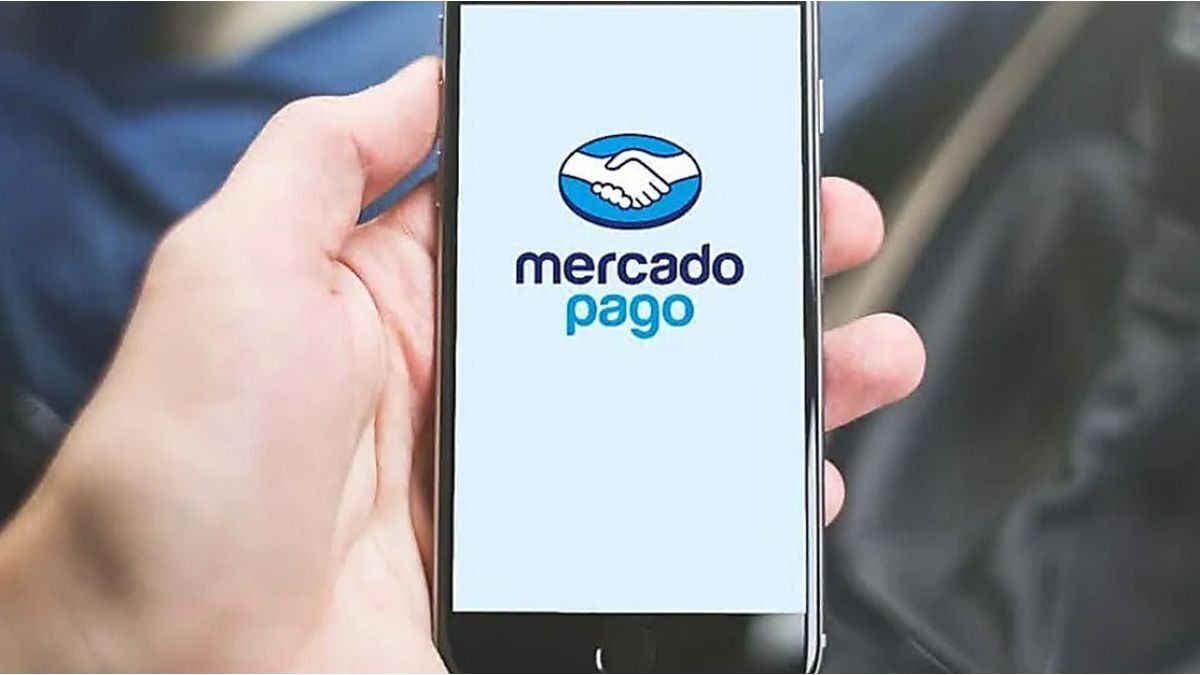He Central Bank (BCRA) will reverse the measure to change the operations used for funding of bank accounts and virtual wallets. This responds to the fact that the Minister of Economy, Sergio Massa, reached an agreement with Mercado Pago regarding that decision of the monetary regulator and instructed the entity’s board of directors to address the issue at its weekly meeting this Thursday.
According to Mercado Pago, the most important player among virtual wallet operators, this regulation, which was scheduled to come into force on December 1, affected more than 4 million people and Sergio Massa granted the request because he considered that it harmed businesses and consumers. In exchange, the candidate for president of Unión por la Patria negotiated with the fintech companies to lower commissions to benefit the users of the applications.
The reversal of the initiative, which had begun to be implemented on August 7 for users of bank and non-bank wallets (with the implementation of pull transfers) but responds to a rule that was approved in 2022, is It will be made official this Thursday at the board meeting.
The BCRA measure and Massa’s decision
It consists of the replacement of the use of Immediate Debit (DEBIN) operations to fund accounts with the Pull transfer modality as of December 1 of this year.
This was announced by Massa through a video on his X social network account: “A decision was known that affected users of electronic or virtual wallets. I want to inform you that I requested the repeal of that rule”. However, before giving notice to the Central, he made a request to the fintech companies: “I asked the virtual wallets to lower the commission they charge for withdrawing money and to the businesses,” he added on his social networks.
https://publish.twitter.com/oembed?url=https%3A%2F%2Ftwitter.com%2FSergioMassa%2Fstatus%2F1707101353774903348%3Ft%3DzxFbOEVc0r9UBNMemA1icQ&s=08&partner=&hide_thread=false
A MEASURE THAT BENEFITS USERS OF ELECTRONIC WALLETS
Today a decision was announced that affected users of electronic or virtual wallets. I want to inform you that I asked for the repeal of that rule. I also asked virtual wallets to lower the… pic.twitter.com/aCFptqikYT
— Sergio Massa (@SergioMassa) September 27, 2023
The first to present a proposal to Massa was Mercado Pago, the company of the owner of Mercado Libre, Marcos Galperín. According to sources from the Ministry of Economy, Mercado Pago will advance in two measures:
1) The bonus for payments with Mercado Pago QR. The fee to collect with QR using money in a Mercado Pago account is reduced for new businesses that join the system, for sales of up to $330,000 (1000 UVAs) or the first three months, whichever occurs first.
2) The Reduction of commissions for QR payments with credit card. The commissions paid by SME businesses for payments through QR with a credit card are reduced, going from 6.99% + VAT to 5.77% + VAT with immediate accreditation.
In any case, a high-ranking source from the Ministry of Economy anticipated that “all companies in the sector are going to present a reduction in commissions.” In response to the query of Ambit Regarding why these measures were taken, at the Palacio de Hacienda, they said that they considered that the BCRA idea harmed users, while it benefited traditional banks, which have been losing market due to virtual wallets.
But the background of these conversations is given by the fact that, if Massa wins the elections and becomes president, he will work on the proposal for a digital currency and that is one of the reasons why he has a good dialogue with the sector. . “We want digital wallets and digital currency to be a fundamental part of the coming economy,” the minister wrote on his X account..
Payment Market vs. BCRA: the dispute over DEBIN
The crux of the debate around the change in account funding rules is that Mercado Pago complained that This measure made the transfer of money from one bank account (CBU) to another in a virtual wallet (CVU) more complex.. The BCRA responded that this decision had been made in consensus with the fintech sector and that it aimed to take a step towards the organization of the payment system, given that the DEBIN was not created to fund accounts.
He Immediate debit (DEBIN) It is an online transfer in which the person collecting initiates the process and the person paying only has to accept it while the immediate “pull” transfers They are requests or requests for funds that allow, by debiting the account – demand or payment – of the client receiving the request and prior authorization or consent, the immediate crediting of funds to the applicant’s account.
Criticisms and arguments of Mercado Pago
The change from one modality to another harmed Marcos Galperin’s company, mainly, because DEBIN began to be used to deposit money into Mercado Pago almost three years ago and the company highlighted that it is the funding channel most valued by people. for its “simplicity and security”.
Likewise, they said that, In the tests carried out, 9 out of 10 transfers fail and they cannot comply with the process change required by the measure in two months.
For this reason, they began to pressure to reverse the measure, but the BCRA resisted. “There is no chance” of progress in that direction, a source close to the entity told this medium. But, finally, Sergio Massa was the channel to achieve it. However, the truce achieved is for only about three months, since, after that period, if Massa is president of the Nation, he plans to review Argentina’s entire virtual payment system.
Source: Ambito
I am a 24-year-old writer and journalist who has been working in the news industry for the past two years. I write primarily about market news, so if you’re looking for insights into what’s going on in the stock market or economic indicators, you’ve come to the right place. I also dabble in writing articles on lifestyle trends and pop culture news.




